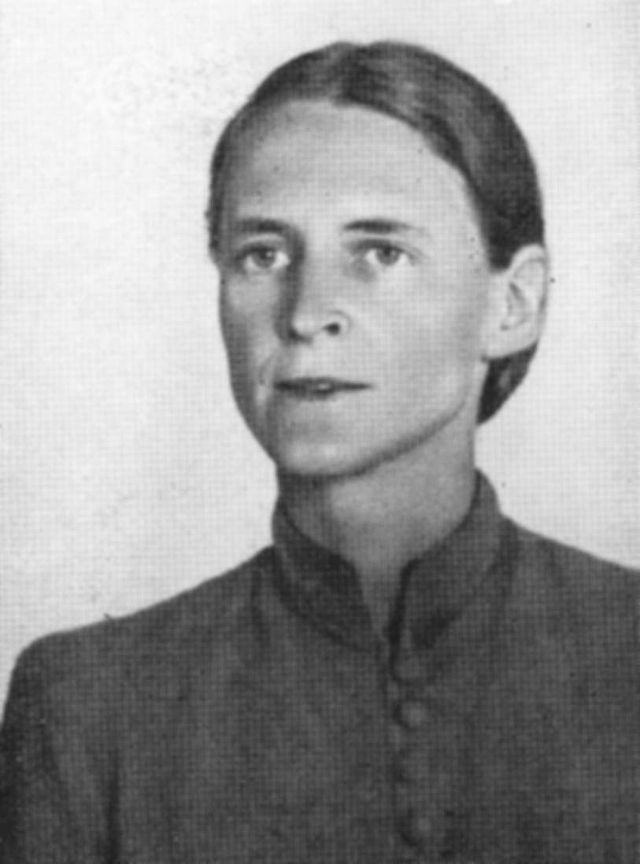Happy International Women’s Day! On this day, March 8th, the team at inwhatlanguage wants one more time to express our most sincere thanks to all of our awesome female employees and translators, as well as all those women who support us with their trust and patronage. While we naturally appreciate the work of all of our team members, male and female alike, today we take advantage of the occasion to tip the scale of our affection towards the women’s side… Because they are worth it.
The history of language and, by default, translation, has been traditionally led by men. More often than not, women unfortunately didn’t have the chance to make a difference. Seeing the important role they play nowadays in the field of translation, as we in inwhatlanguage have the pleasure to experience every day, one has to wonder how would things have turned out in this day and age, if women were given a bigger role in the history of language and translation.
| La Malinche, as part of the Monumento al Mestizaje in Mexico City |
However, the fact that women were not as prominent as men in the history of translation doesn’t mean that they were inactive in its development. Take La Malinche, or Doña Marina as she is also known (1496 or c. 1501 – c. 1529), for instance. She is undoubtedly one of the earliest examples of an interpreter, be it woman or man. Doña Marina was a Nahua woman from the Mexican Gulf Coast, who acted as an interpreter, advisor, lover, and intermediary for Hernán Cortés. She was one of twenty women slaves given to the Spaniards by the natives of Tabasco in 1519. With her language skills, she was able to discover a plot by the natives to attack the Spanish army. She alerted Cortés, and thus the Spanish army avoided the ambush. She also had a very important role in the Conquest of Mexico.
 |
| Elizabeth F Ellet (1818–1877) |
There are many other women who have made their mark on the history of language and translation. Take American writer Elizabeth F Ellet (1818–1877), who started translating Italian poet Silvio Pellico’s Works when she was 16, and ended being the first writer to record the lives of women who contributed to the American Revolutionary War. Or German-American writer Mildred Fish-Harnack (1902 –1943), who after moving to Germany from America in 1929, wrote and translated books and document from English to German and vice versa despite the restrictions imposed by the Nazi regime until her arrest and untimely death.
 |
| Mildred Fish-Harnack (1902 –1943) |
There have been many women whose lives have made a difference on the history of translation. Check out this website where you can actually browse a list of famous female translators throughout history. And the greatest thing is that the list will continue to grow, and we, at inwhatlanguage, are in a privileged position that allows us to see so many amazing women doing their best to elevate translation and interpretation to an art.
Congratulations to all of you, our dear female translators. You truly deserve it.

Recent Comments